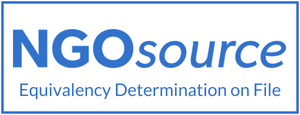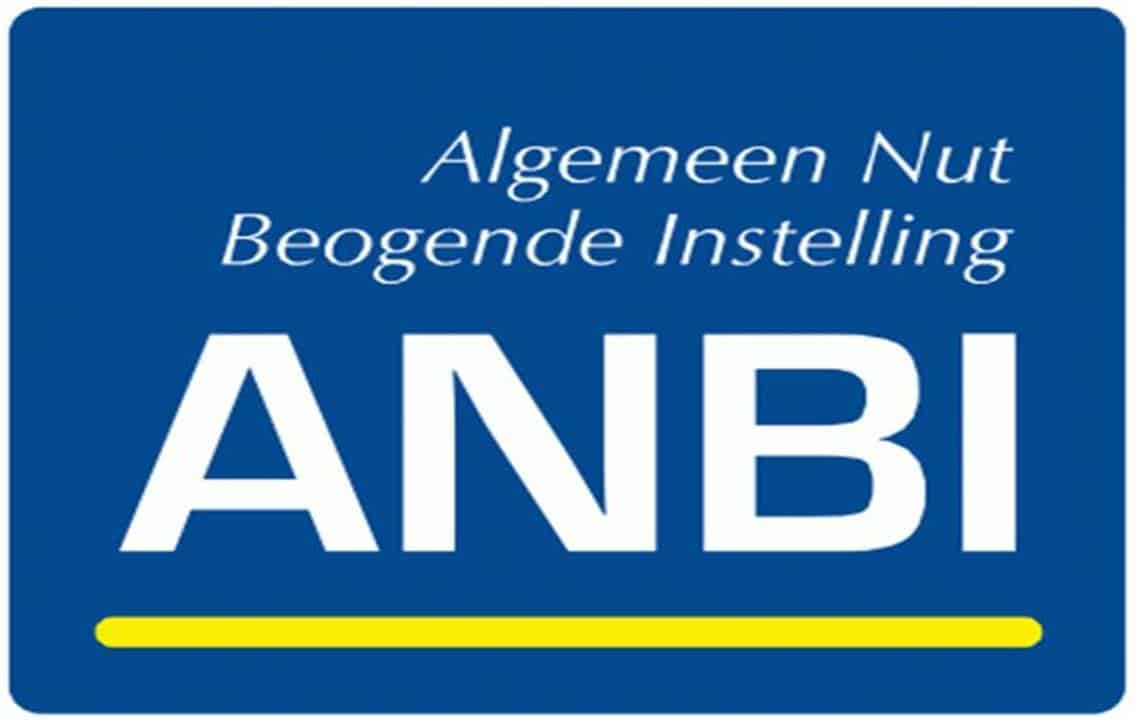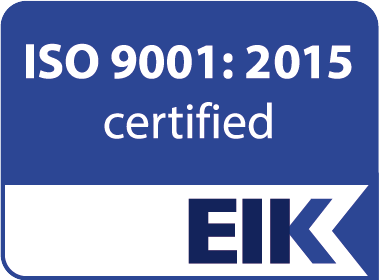In the context of the multidimensional crisis that has shaken Mali since 2012, limited access to both formal and informal education has reduced the opportunities offered to teenagers (boys and girls aged 14 to 19) to be autonomous and flourish freely in a peaceful and secure environment. This makes them vulnerable, and not very resilient to recruitment by armed groups.
To better handle the security concerns of teenagers, a series of meetings were organised with them in the six communes of the Bamako district to collect their points of view and bring their voices to decision-makers. These activities are part of the project on the voices of teenagers facing insecurity in the district of Bamako implemented by the Réseau des jeunes femmes leaders des partis politiques et des organisations de la Société Civile (REJEFPO), with the technical and financial support of the Human Security Collective (HSC) under the aegis of the ARC programme in Mali.
Description
The initiative aims to uncover teenagers’ vulnerability by collecting their perceptions and bringing their voices to different actors - these actors include parents, neighbourhood leaders, neighbourhood management committee leaders, teachers, religious and customary leaders, police, defence and security forces, media, journalists and bloggers, and local elected parliamentarians.
In total, 269 teenagers including 175 girls and 94 boys were interviewed.
Change made
- Increased freedom of expression found by teenagers to share their perception on insecurity as victims, actors, or defenders;
- Participation of teenagers in challenging insecurity, in particular in schools, on the road, on sports grounds, around markets, on the banks of the backwater and even in certain neighbourhoods as a whole;
- Increased knowledge of the public on the insecurity experienced by teenagers. The most frequent threats are: harassment, theft, violence (school, extracurricular, and domestic), robberies with the use of knives, rape, kidnappings, assaults, narcotics/drug trade/consumption;
- Availability of actors/decision-makers to be more active in preventing and managing insecurity experienced by teenagers.
Some testimonials
Teenager: "we are quite scared especially in the evenings and nights because of the sexual harassment of young people and sometimes adults who sit along the way to school and in the neighbourhoods";
Teenager: “We sometimes save our classmates from difficult situations by calling the police ";
Teenager: “We don't dare stay in the schoolyard after class. The teachers themselves rush to leave because several times they have been assaulted even the Headmaster" ;
Teenager: "Girls are raped in the yard, one girl was found dead, possibly with traces of rape";
Teenager: "There are very often attempted rapes, and we no longer use the school toilets which are favourite places for perverts and smokers."
A school principal: “The teenagers who commit the violent acts live in the neighbourhood. They are known but in the name of the neighbourhood some parents turn a blind eye to avoid neighbourhood conflicts”.
Lessons learned
Security threats to teenagers are known to all, endangering their future;
Actors in the education system have a strong desire to speak the truth and set up the basis for a collaborative education with shared responsibilities to tackle teenage insecurity;
Teenagers see and hear things and can help in the fight against crime;
Teenagers are constantly exposed to threats of all kinds and many are silent victims;
Teenagers increasingly grow up in violent environments and this makes them more and more violent, even among themselves.
In terms of recommendations, it is desirable to continue the awareness-raising work to define the interdependence between the actors, and their roles and responsibilities in the educational chain.




